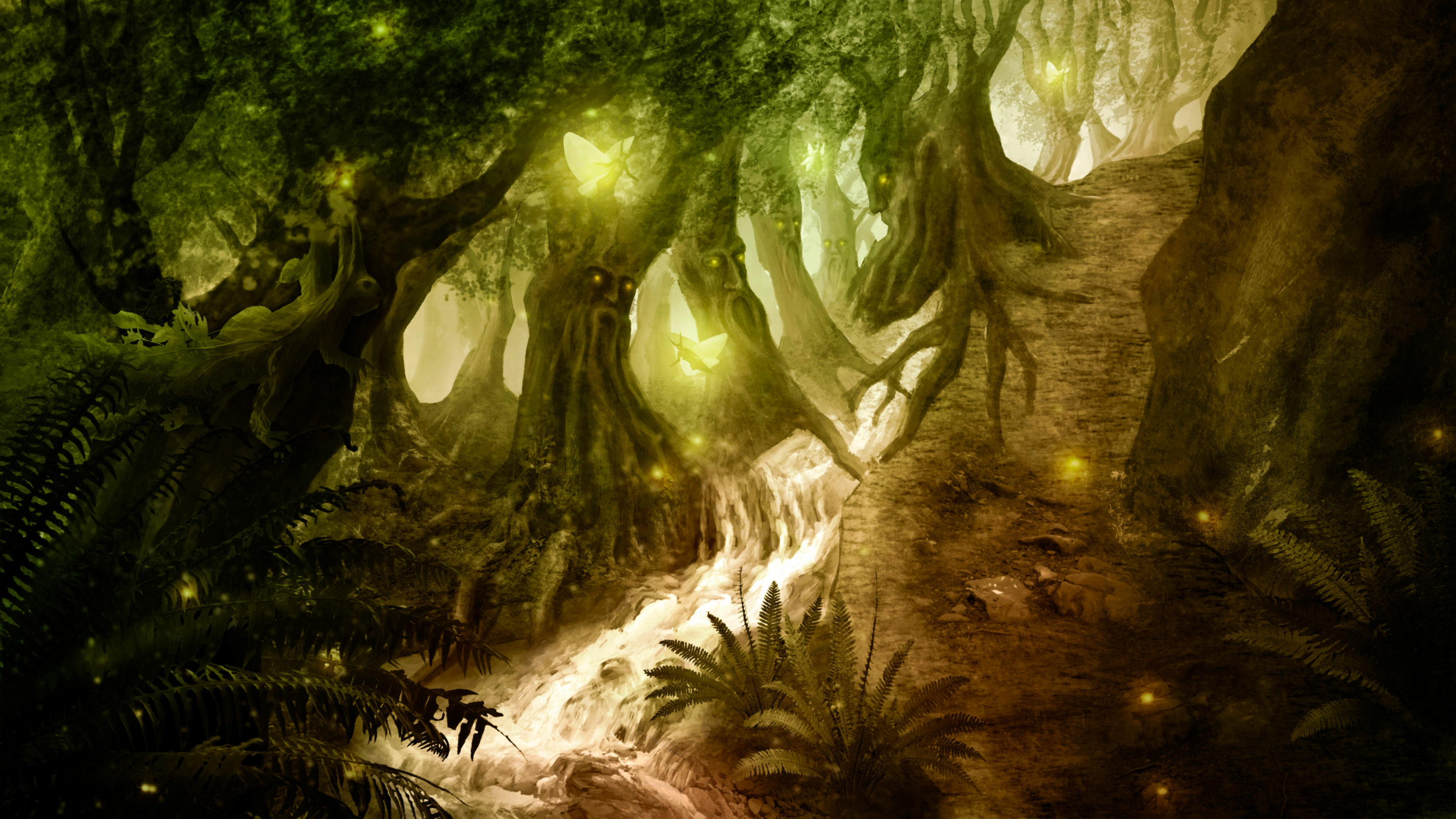If the Trees Could Talk
If the Trees Could Talk
Have you ever heard the expression knock on wood?
Ever wonder where it came from?
Before cities and cars and the constant background hum of engines and lights buzzing in the distance, people were much more connected to nature — because that is, after all, where they hung out. And, back in the days of our backcountry ancestors, there was a commonly held belief that the trees whispered to each other and told stories. Well, it turns out that they were right. And, according to the disruptive scientific discoveries of Peter Wohlleben and Suzanne Simard, they were correct.

It turns out that not only can trees alert each other of dangers through an elaborate underground fungal network, but they also develop families and communities and even go so far as to provide food for their young saplings that are struggling to reach the sunlight. That’s right, they even nurse their children.

And if you think about it, trees live a bit longer than humans. Quite a bit longer. In fact the oldest documented tree in the world, nicknamed Methuselah, is almost 5,000 years old… meaning it was already 500 years old when the Egyptians finished building the pyramids and was almost 3000 years old when Jesus was born. What does this tree know that we don’t know? What does it remember?
Which brings me back to this expression, knock on wood. The truth is, people say it because the trees are always listening. The trees are the keepers of all our stories — so eloquently detailed in Richard Powers’ book the Overstory — and therefore we have to be careful of what we say. People usually use the phrase, “knock on wood,” when they say something they don’t mean, or something that they don’t want the trees to get the wrong idea about.
People knock on wood to avoid upsetting the spirits of the forest — to stop the trees from whispering the wrong stories, and therefore, manifesting undesirable realities. They knock on the wood to express their connection to the spirits of the trees and to gently request their protection and love.
If there is one thing many of us learned from Shel Silverstein’s The Giving Tree, it is that trees are not greedy. They give freely of their fruits and their branches and their leaves and their wood. For many millennia, since before the birth of Methuselah, trees have provided us with food and shelter and warmth and protection. And the spirits of the forest have given us a home in their beautifully interconnected world filled with communication and caring.
The reality is that trees are sentient beings. If they share and communicate with each other and their environment, why wouldn’t they also remember and feel? Maybe, they are the true keepers of ancient stories and knowledge. Maybe, the tree of life is more than just an analogy.
There was this tree that I used to go to in Fairfax, California when I lived there as a struggling artist. It was this old growth redwood that was more than ten feet across and had branches that hung all the way down to the ground. It was easy to get scooped up and climb high into her crown. I would go there sometimes and smoke a Bear Blend, and just listen.
One day, something peculiar happened to me while I was lying down on her giant branches… I started to hear something. It was like I was being told a story. I know, I’m crazy. But honestly, I am convinced that it wasn’t just the herb smoke, or the mushroom caps I had eaten, but the tree was literally talking to me. She was telling me this beautiful, epic story about these two souls who lived in a timeless time. And I started to write it down.
I will share that story with you all someday soon. But, I am sure, you can go out and find stories of your own. Just go find your favorite tree and hang out for a bit, but keep your ears open. Because the trees can talk. It is just up to us to listen.


Anthony Bear
Storyteller Extraordinaire
Join the Bear Blend Tribe
Tribe members receive special discounts on products, invitations to premier events and are welcomed to contribute writings and videos to the community.

0 Comments